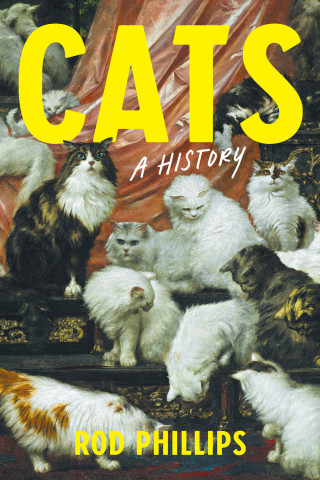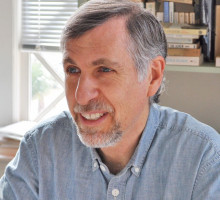
Reviews
Croce’s excellent book is a valuable guide, not only to the development of the young James thinking but also to the means by which James surmounted the disabling conditions that had afflicted his young adulthood.
In this illuminating intellectual history, Croce practices what he calls "developmental biography," using early notes, letters, and short publications to explore the academic and personal experiences that produced James's mature thought. This approach to James constitutes the book's contribution to the field.
A terrific and significant book, and one that everyone interested in William James, whether professionally or personally, will have to read. Croce has maintained a wonderfully open, Jamesian set of mind and has bundled together many different strands into a remarkable analytic and cross-cultural examination of the early years of William James’ life and thought, culminating in an eloquent and persuasive yoking of science and religion in vivid, attractive, perfectly Jamesian ways. Croce shows how James’s work is still, for many of us, full of live options and real choices. Easily the most comprehensive discussion of the young William James we have, the book rises to splendid heights with impressive explanatory power.
This book sets out to solve the deepest and most enduring problem in studies of Williams James: through a developmental biography, Croce has put back together a multi-dimensional thinker who has been taken apart in the multiple, self-contained literatures produced by scholars in every one of the now-distinct disciplines in which James did path-breaking work. Croce’s innovative book brings into focus the multiple efforts James made to combine science and religion, psychology and philosophy, religion and art. From my perspective, this synthetic portrait of James is without peer in the vast James literature. Readers familiar with James will understand just how little we knew about his early life, and how much better we understand him as a result of Croce’s careful scholarship. Readers encountering James for the first time will also marvel as they watch the unfolding of a career that was to be astonishingly rich and rewarding from a young adulthood almost uninterruptedly painful, filled with indecision, vacillation, and doubt.
An essential book, enlightening, compelling, and persuasive. Young William James Thinking does an extraordinary job of melding James's suffering into a much larger context of development, expanding and deepening our insight into aspects of his early life by drawing on a rich series of quotations from letters and archival sources. Every sentence conveys Croce's refined sensitivity and understanding of James's life and work. Very, very few have the spot-on ‘feel’ for James that Croce has. I expect this volume to become a standard reference in the James literature.
Book Details
Chronology
Acknowledgments
An Invitation
Introduction
1. First Embrace of Science
2. Between Scientific and Sectarian Medicine
3. The Ancient Art of Natural Grace
4. Crises and Construction
Conclusion
Notes
Bib
Chronology
Acknowledgments
An Invitation
Introduction
1. First Embrace of Science
2. Between Scientific and Sectarian Medicine
3. The Ancient Art of Natural Grace
4. Crises and Construction
Conclusion
Notes
Bibliography
Index






